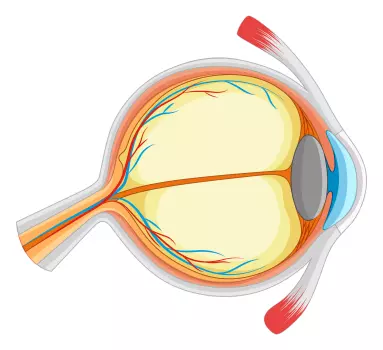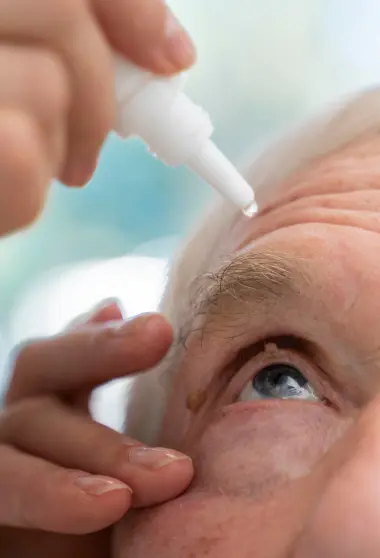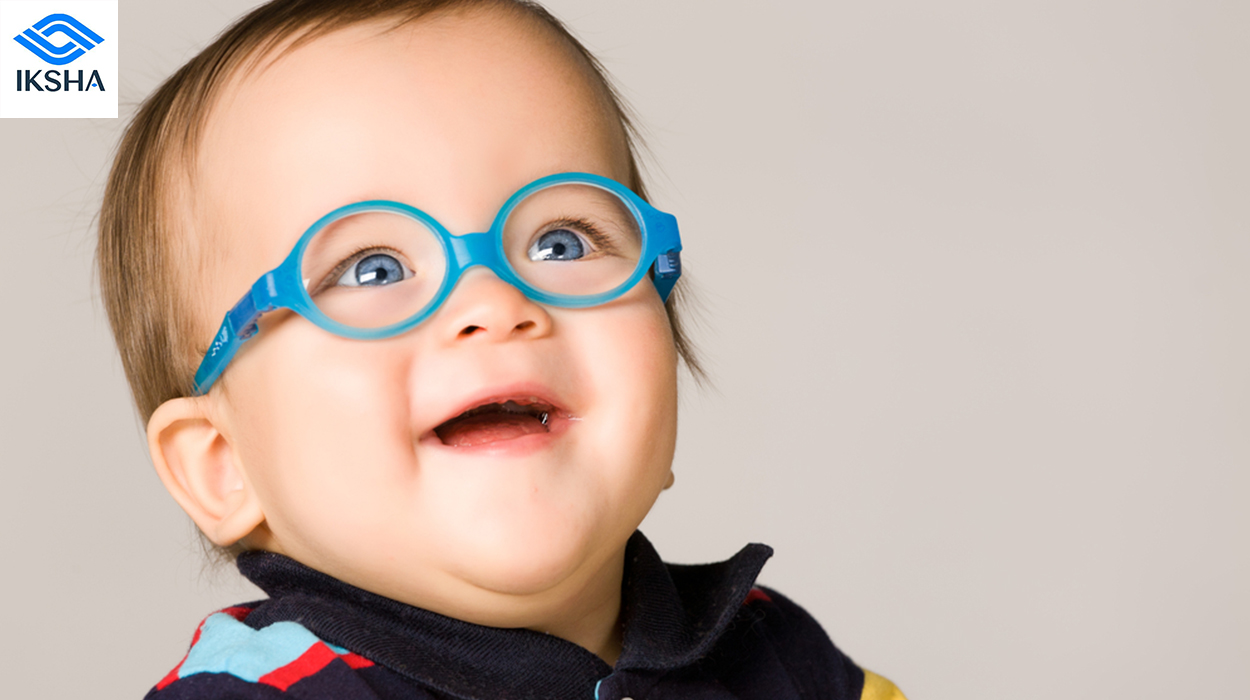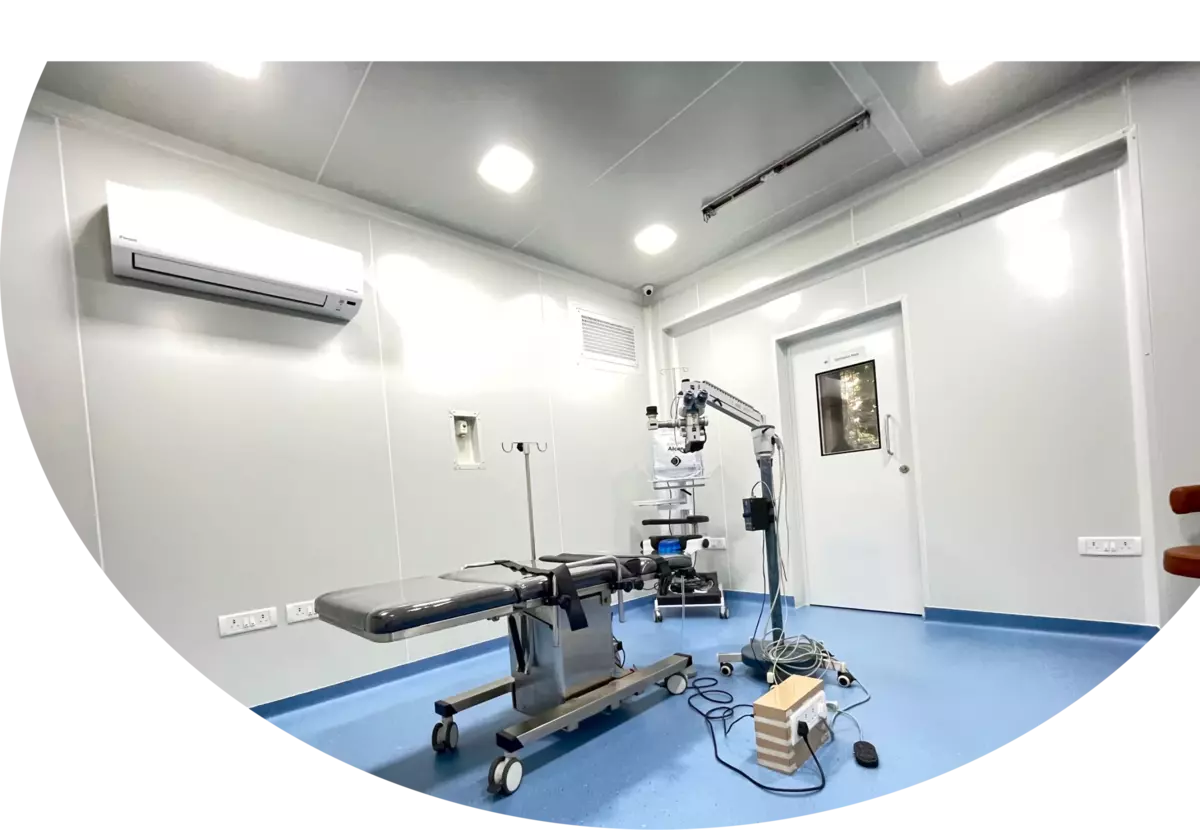
Pediatric Ophthalmologist: Ensuring Your Child's Visual Health
What does a Pediatric Ophthalmologist do?
Conditions Treated by a Pediatric Ophthalmologist
A Pediatric Ophthalmologist addresses a range of eye conditions in children, including:
Doctors recommend a comprehensive eye exam for
Signs & Symptoms
Sensitivity to light with frequent blinking of eyes
Crossed or misaligned eyes
Persistent redness, or watery eyes or itchy eyes
Frequently rubbing their eyes
Squinting
Tilting their head to see
Watching television at a close distance

FAQ
1. What symptoms do children with poor vision present with? When should children get their eyes checked?
A child with poor vision may manifest in the following ways:
- Sits too close to the TV
- Squinting or crossing of eyes
- Adopting an unusual position of head or face (looking through the sides)
- Itching or rubbing of the eyes
- Redness in the eyes
- Sensitivity to light
Any of the above symptoms or complaints from your child should not be neglected. Some eye conditions and diseases are hereditary and can affect your child as well. Consult your child’s doctor or an ophthalmologist at the earliest for early detection and treatment of eye disorders.
2- How is a squint diagnosed?
A squint can be diagnosed through a comprehensive eye examination performed by a squint specialist. The examination may include tests to evaluate eye movements, visual acuity, and binocular vision. In some cases, additional tests such as imaging or orthoptic evaluation may be recommended to determine the underlying cause of the squint.
3- What are the treatment options available for a squint?
The treatment for a squint depends on its underlying cause, severity, and the patient’s age. Non-surgical options may include prescription eyeglasses, eye exercises, or the use of prisms. In other cases, surgical intervention may be necessary to adjust the position of the eye muscles and align the eyes properly.
4- What is the right age to plan squint surgery?
If your child is having squint which requires surgery, earlier the better. Getting squint surgery done within 6 years of age can lead to complete vision development including binocular vision and is often recommended. Discuss with our pediatric squint specialists to know exact timeline of your child’s squint surgery.
5- Do children need glasses?
If children are not able to see small letters clearly or have a significant glass power or squint, then they MUST wear glasses for all their daily activities.
5- What is lazy eye?
Lazy eye is when your eye is functionally not improving with glass power but anatomically eye looks normal.
Expert Pediatric Ophthalmologist in Andheri
Procedure At IKSHA
We, at IKSHA, have an exclusive pediatric eye care facility with state-of -the-art operation theatre managed by dedicated pediatric eye care staff, and is headed by our highly trained pediatric ophthalmologist who offers dedicated service all seven days a week.
FUN FACT- Even before the child can speak, a pediatric ophthalmologist can tell what a child sees, if the child needs glasses, or if the child have any vision problem.




